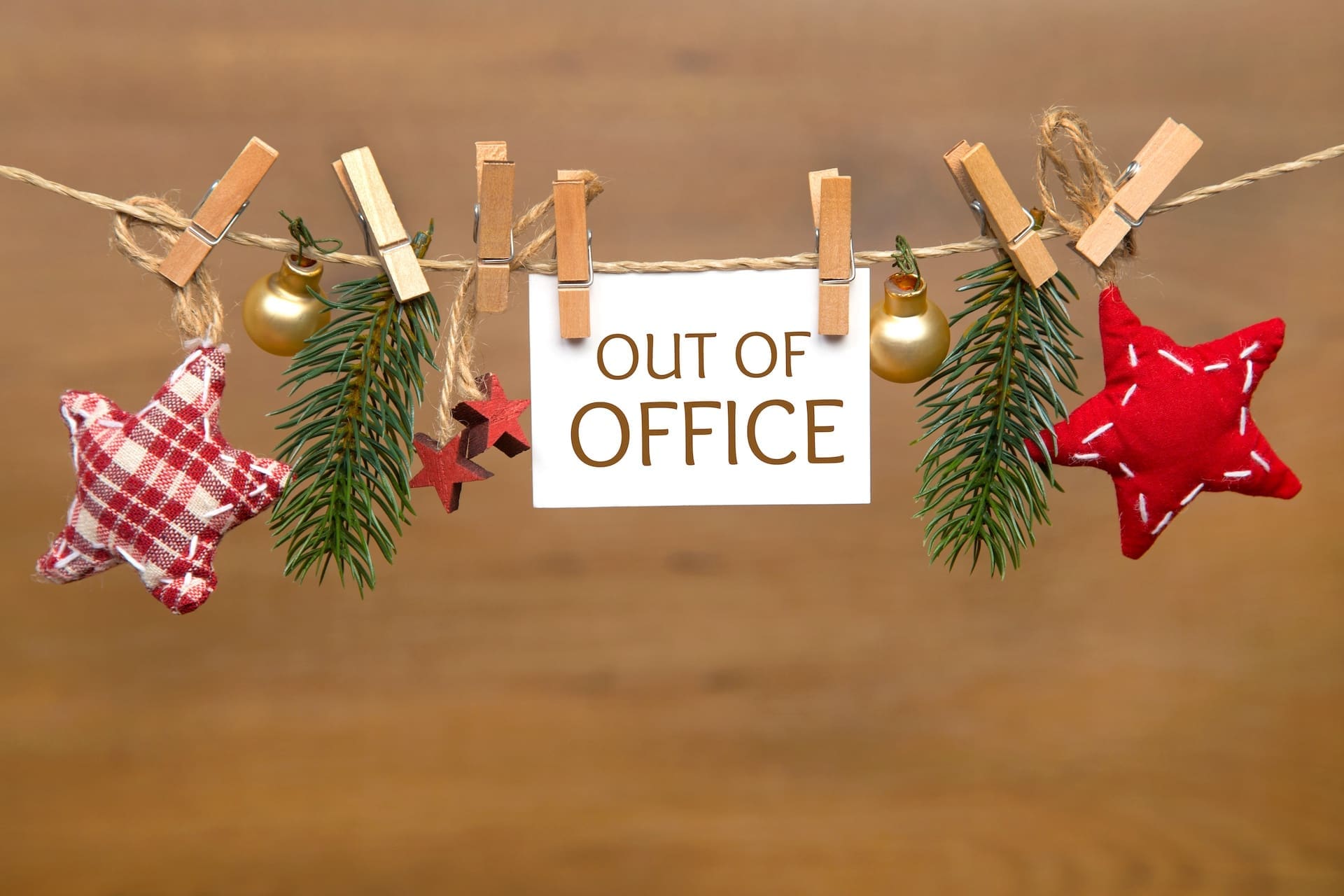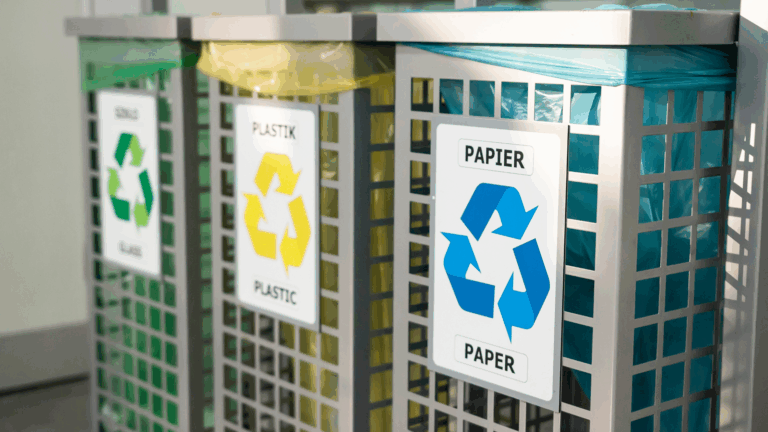
Winter comes with its fair share of risks for business owners, including frozen pipes
In the heart of winter, temperatures can plummet. This puts residential and commercial premises alike at risk of damage through frozen water pipes. While it may seem like a small issue, frozen pipes can lead to significant consequences. Not only can they disrupt regular operations, but the resulting cracks in the pipes that come from the ice expansion can also lead to significant repair costs and potential property damage.
Business owners need to be smart when it comes to the risk of frozen pipes, taking the necessary steps to reduce their risk and deal with issues swiftly should they occur. Understanding the steps to take when faced with frozen pipes is crucial for any business to mitigate risks and maintain continuity.
Understanding the risks of frozen pipes
Frozen pipes occur when the water inside them freezes, expanding and putting pressure on the pipe wall. This pressure can cause pipes to burst, leading to water damage and the need for costly repairs. Businesses, particularly those with large premises or those located in older buildings, are at a higher risk due to potentially outdated insulation and heating systems.
Preventive measures
Ideally, businesses would never have to deal with frozen pipes. Taking preventive measures can significantly reduce the risk of frozen pipes and help protect them from further damage. If you are concerned that your premises is at risk of cracked pipework due to cold conditions, here are a few steps to consider taking:
Insulation
Ensure that all pipes, particularly those exposed to external walls or unheated spaces, are well insulated.
Heating
Maintain a consistent temperature in the building, even outside of business hours, to prevent the interior temperature from dropping too low.
Regular checks
During colder months, routinely check your premises for any signs of freezing or potential weak points in the insulation.

What should you do if your pipes freeze?
Should the worst happen and frozen pipes lead to leaks on your premises, you’ll need to act fast. Here are the immediate steps you should take to resolve the issue:
Identify the frozen section
Look for frost on the exterior of the pipe or areas where no water is emerging from the faucet.
Turn off the water supply
To prevent more water from freezing and reduce pressure on the pipes.
Gradually thaw the pipes
Use a hair dryer, heat lamp, or hot towels to gently thaw the frozen section. Never use open flames as they pose a fire hazard.
Run the taps
Once the frozen area begins to melt, water will start to flow through the pipe. Opening the taps will help speed up the thawing process.
Seek out professional assistance
Sometimes dealing with frozen pipes isn’t a DIY job. If you are unable to locate the frozen section of pipe, or if the pipe has already burst, you’ll need to call a professional plumber as soon as possible. Delaying professional intervention can lead to extensive damage and higher repair costs.
Insurance considerations
Review your business insurance policy to understand the coverage for damage caused by frozen pipes. Some policies may cover the costs of repairs and water damage, while others might not. Knowing your coverage details can help you manage financial risks associated with frozen pipes.

Managing your commercial water supply
Frozen pipes are just one issue that can impact your business’s water supply, so it’s important to take steps to manage your commercial water usage as effectively as possible. This includes finding the best business water supplier for your needs, helping you minimise overheads and improve sustainability.
By being prepared, businesses can effectively reduce the impact of frozen pipes on their operations and finances.

Contact Everflow today!
At Everflow, our goal is to make your utilities simpler. We ensure you get great-value contracts that are tailored to your needs and easy to manage.


